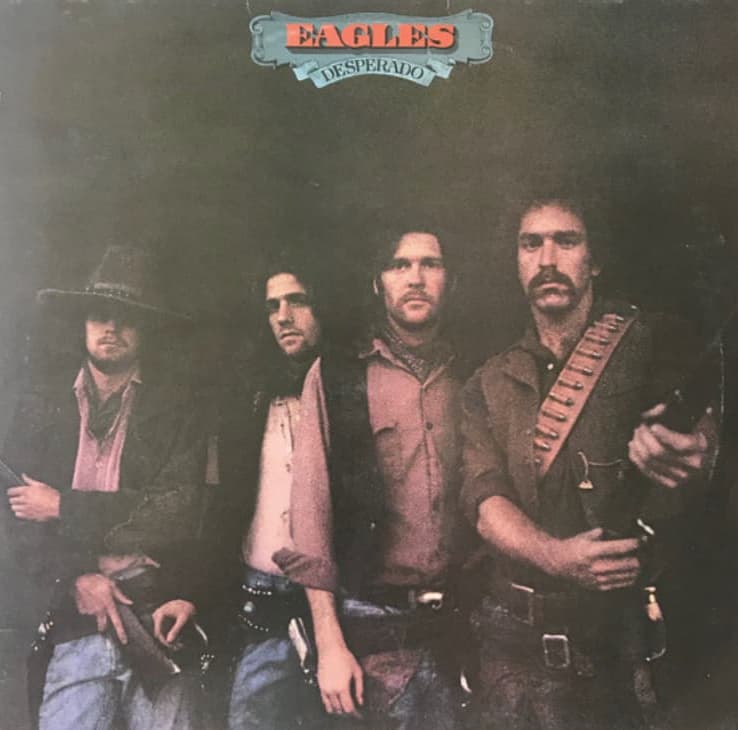
“Desperado” by Eagles: The Ballad of Loneliness and Redemption
“Desperado” is one of those songs that transcends time, remaining a classic piece of rock history while embodying themes that resonate with listeners of all generations. Written by Glenn Frey and Don Henley, two of the founding members of Eagles, the song debuted in 1973 on the band’s second studio album, Desperado. Despite never being released as a single, it has become one of Eagles’ most beloved and iconic tracks, and in 2004, it was ranked No. 494 on Rolling Stone’s list of “The 500 Greatest Songs of All Time.”
“Desperado” is much more than just a soft rock ballad; it’s a lyrical journey into the soul of someone lost, yearning for connection but too proud or too afraid to reach out. The character of the “desperado,” often seen as a loner, is a familiar archetype, evoking images of the rugged American West—though Don Henley once revealed that the song initially drew inspiration from a more personal place, based on a friend named Leo. The original line “Leo, my God, why don’t you come to your senses?” was later transformed to fit the broader, more universal theme of the lonely outlaw.
One of the most poignant aspects of “Desperado” is its simple yet moving piano introduction, which pays homage to Ray Charles’ rendition of “Georgia on My Mind”. This gives the song an emotional weight right from the start, setting the tone for the heartfelt plea that follows. When Henley first played the unfinished version for Frey, he described it as having a “Southern Gothic” feel, though they eventually made it fit more with the Western motif they were developing for the album.
The lyrics are introspective and heartfelt, touching on themes of isolation, vulnerability, and the fear of letting down one’s guard. “You better let somebody love you, before it’s too late,” Henley sings with a haunting sincerity that has made this song a favorite at Eagles’ concerts and a staple on classic rock radio stations. It’s a message that can resonate with anyone who’s ever felt alone or uncertain about opening themselves up to others.
Despite its lack of initial chart success, “Desperado” has taken on a life of its own. Its inclusion in numerous compilations and its popularity in live performances has solidified its place in the pantheon of great rock ballads. In fact, it wasn’t until Linda Ronstadt recorded her own version of the song that many listeners fully appreciated its depth and beauty. Henley himself admitted that Ronstadt’s version helped bring the song to a wider audience, even though the Eagles’ version remains the definitive take.
Over the years, critics have praised “Desperado” for its simplicity and emotional impact. William Ruhlmann of AllMusic called it one of the band’s major compositions, and Paul Gambaccini of Rolling Stone highlighted how Henley’s rugged voice made the song truly unforgettable. The song even charted posthumously after the passing of Glenn Frey, reaching No. 20 on the Rock Digital Songs chart, a testament to its enduring legacy.
“Desperado” remains one of those songs that, whether you’re hearing it for the first time or the hundredth, has the power to move you. Its blend of personal vulnerability and universal themes of longing and redemption makes it a timeless piece that continues to speak to new generations of listeners.